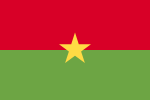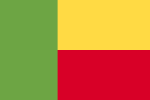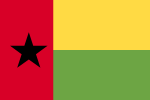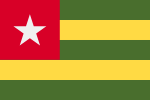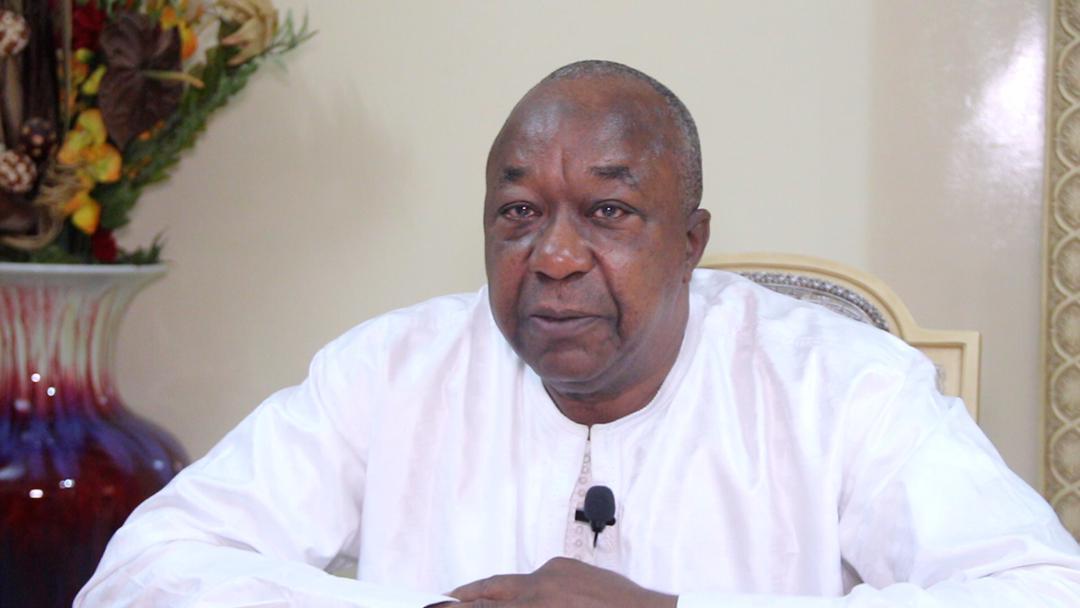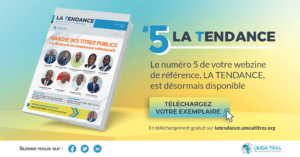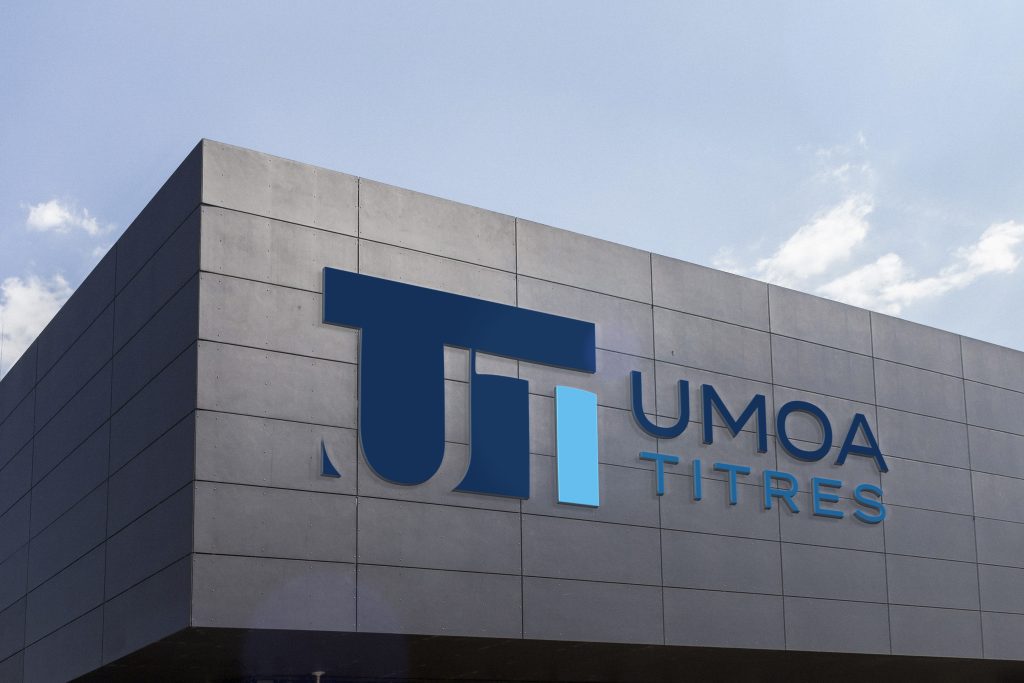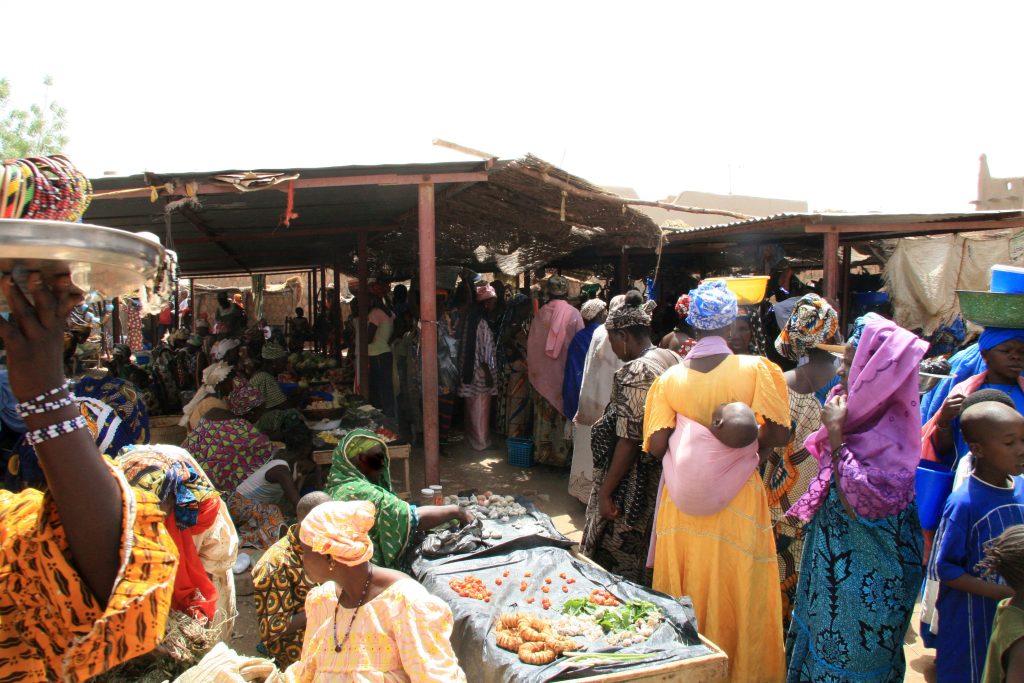Mamadou Talata DOULLA, Chairman of the Board of Directors of SAHAM ASSURANCES NIGER
“The WAEMU Government Securities Market is the most profitable for us”
His name rhymes directly with insurance in Niger. He is Mamadou Talata DOULLA, the promoter of SAHAM ASSURANCES, a company he launched in 2012, after having worked for decades for the promotion of the sector in the country. First at SNAR-LEYMA, then at UGAN, where he held several strategic positions. In this interview, he gives us an overview of the partnership relations between insurance and reinsurance companies and the Government Securities Market and the profits generated by investments through public securities which have become the rush of insurance companies in view of the profits regularly generated. He also highlighted new perspectives around boosting profitability.
Introduce yourself to our readers and also introduce the insurance company you manage?
Thank you for the opportunity you are giving me through this interview. My name is Mamadou Talata DOULLA. I entered the insurance business after specializing in the field of insurance in 1978. This was my first step. I was at the Société Nigérienne d’Assurances et de Réassurances (SNAR-LEYMA), then at the Union Générale d’Assurances du Niger (UGAN) and today I am the Chairman of the Board of Directors of SAHAM ASSURANCES NIGER, after having naturally held the position of General Manager from 2012 to 2020.
SAHAM ASSURANCES NIGER was established in 2012. It had a difficult start, but over time it has positioned itself on the market and has built a certain reputation in the insurance industry nationwide.
Right now, the company is going through some challenges, which is the way it should be. Most companies are weakened by the fact that our economies are not very strong. Added to this is the global health crisis.
But the company is trying to recover thanks to new opportunities for insurance companies, such as UMOA-Titres, which meets regularly with insurers in order to help them better understand the Union’s Government Securities Market, but above all to perceive the opportunities for diversification of liquidity investments on long maturities.
It makes insurance companies aware of the possibilities offered by issues of Treasury Bonds and Bills, but also of the fact that government securities offer insurance companies the possibility of diversification through a range of securities from various issuers and with different maturities.
Before getting into the heart of the matter, how is the insurance sector in Niger in the light of your extensive experience in the field?
It is a sector that is trying to keep its head above water. I think that in terms of the legal and administrative arsenal, we have not been strong enough to attract foreign investors.
Insurance can only develop if there is investment. This is one of the main difficulties. The development we expected at the time, which we had hoped for, has not been forthcoming because of this situation, among others. The development of the insurance sector is closely linked to that of the industries. Unfortunately, many investors are not interested in our country, hence the weakness of our industrial fabric. Local commodities are not processed locally, but most often abroad.
However, it is the local transformation which constitutes the keystone of the development of industries in a country. Another parameter, the sector has not attracted enough young people to introduce innovations through new technologies.
I can safely say that the insurance industry is struggling to get off the ground in this country. We could have done better. Currently, in comparison, we are at the bottom of the league in the sub-region.
What is the relationship between insurance companies and UMOA-Titres? Do you ever invest in the Government Securities Market run by this institution?
Initially, when insurance companies started to operate on the basis of international regulations, in accordance with the CIMA code (International Confederation of Insurance Markets) which is the regulator of insurance companies, all investments, I would say, were made with banks.
They were term deposits. And we realized that they were not sufficiently interest bearing to support the development of our sector. That is how we gradually discovered and became more and more interested in the bond market which works well on other continents and which today, through UMOA-Titres, is developing much more significantly.
As a result, more and more insurance companies that build up savings and are institutional investors are moving into this sector and partnering with the institution.
Progressively, all issues of public securities are subscribed, whether they are Treasury Bonds or others, we are present because these are somewhat long-term investments that allow us to reap the most dividends in terms of interest.
Hence, UMOA-Titres is a welcome development. Better still, alongside this institution, we must also add other establishments such as the BRVM through which we invest our resources.
But the Government Securities Market, composed in terms of players from the eight WAEMU member States, is the most profitable for us. Whether it is through real estate, shares or other types of investments, the most important, the most profitable for us, is the Government Securities Market led by UMOA-Titres.
What are the investment strategies implemented on the Government Securities Market?
The majority of UMOA-Titres’ partners are States and certain reliable agencies. The State is sovereign, in general it is never insolvent, it does not go bankrupt. We may say then, we are safe, we have a guarantee. Concerning investment strategies on the Government Securities Market, in the process, everything depends on each company, its financing needs, often the interest can mature every year or even two, three or seven years etc. This is what is taken into account, but there are no particular strategies. The only thing that counts is to collect the maximum amount of resources.
Can you give us an overview of the actions already taken along that line?
Actions undertaken are subscriptions. Each time the State of Niger issues Treasury Bonds, insurance companies follow and subscribe.
Repayment has never been a problem. I don’t have an idea of the totality of the investments made, but the trend is currently solid, and everyone is moving towards the Government Securities Market.
What is the role of insurers in this type of investment?
The role of insurers in this type of investment is paramount. Insurers are among the first players to take an interest in this sector, although there are certainly other players and stakeholders. But I think with insurance companies, the trend is too strong for this kind of investment.
What benefits do they offer investors?
As far as benefits are concerned, the comparison can be approach based. The benefits are derived from what is done with the money collected from savings.
What we’re doing is making the money grow so that the company gets richer, more successful. It’s all about the interest rates we offer.
Sometimes we are offered interest rates of 5%, 6%, 7%; we really look for where the rates are the highest, depending also on the maturities. This is what essentially guides the choice of insurers.
What difficulties have you encountered and what suggestions do you have on this partnership with UMOA-Titres?
The difficulties, I think, are simply related to the conditions under which these securities are granted. Every time there are issues of public securities, there are conditions. You are given information on the interest rate, the duration, information that is specific to each issue, which allows companies to make their choice according to their management, their objectives and the possibilities to guide their choice.
What are your ambitions at SAHAM ASSURANCES?
The first ambition of SAHAM ASSURANCES NIGER is already to get out of this situation I mentioned earlier and to open up more to financial markets, to go towards the creation of a future life insurance company. SAHAM ASSURANCES is a non-life insurance company, as we call it here. It only deals with traditional branches such as property and casualty (Fire, Accident and Miscellaneous Risks). It does not do life insurance. So the objective is to move in this direction because life insurance generates much more resources than the others and allows for longer term investments than the other existing options in insurance and reinsurance.



